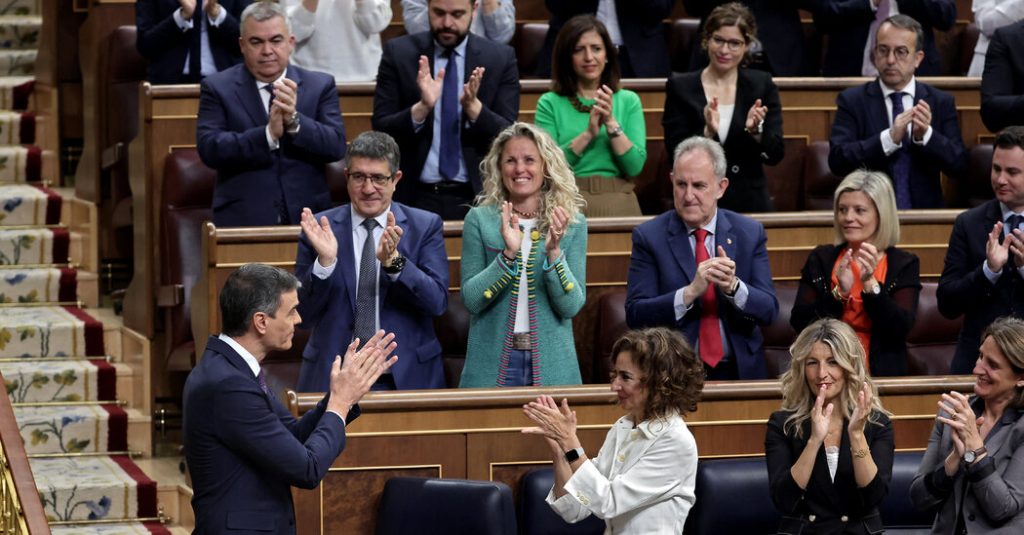The political center of gravity in Europe is shifting away from support for Israeli Prime Minister Benjamin Netanyahu’s government as countries like Spain, Ireland, and Norway have recognized Palestinian statehood, despite opposition from Israel and the United States. European countries are showing support for the International Criminal Court’s requests for arrest warrants for Israeli and Hamas leaders. While some European nations, like Hungary and the Czech Republic, still support Israel, others are facing international and domestic pressure to take a firmer stance against Israel’s actions in the Palestinian territories.
The European Union has long supported the creation of a Palestinian state, known as the “two-state solution,” but has been hesitant to take a stronger stance against Israel. Before the war in Gaza, the EU was moving closer to Israel through important partnerships, but the conflict has caused a shift in views as Israel is increasingly viewed as an aggressor rather than a victim. Countries like Ireland, Spain, and Norway have taken steps to recognize Palestinian statehood, which challenges the American position that statehood should only result from negotiations with Israel.
There has been a growing chorus of concerns from EU members regarding Israel’s campaign against Hamas in Gaza. While some countries like Hungary and the Czech Republic continue to support Israel, others are criticizing its actions and calling for restraint. Foreign policy decisions are made on a national level within the EU, and any position on Israel and Palestine would require unanimous consensus, making it unlikely for the bloc to take a clear stance. The United States, France, and Britain have shown a divide in their positions on the conflict, with France expressing support for the International Criminal Court and recognizing Palestine as a full member of the UN.
Germany’s stance on the conflict will be crucial in determining the direction of EU relations with Israel, as it is the bloc’s largest member and has a unique commitment to Israel due to its history. Germany initially supported Israel after the conflict began, but has since criticized its conduct and called for an immediate cease-fire, opposing the US and Israel. While certain European countries are taking steps to recognize Palestinian statehood, the EU as a whole has maintained its trade agreements with Israel despite calls to sever or limit them. The situation in Gaza continues to evolve, and Europe’s response will be crucial in shaping the future of the conflict.


